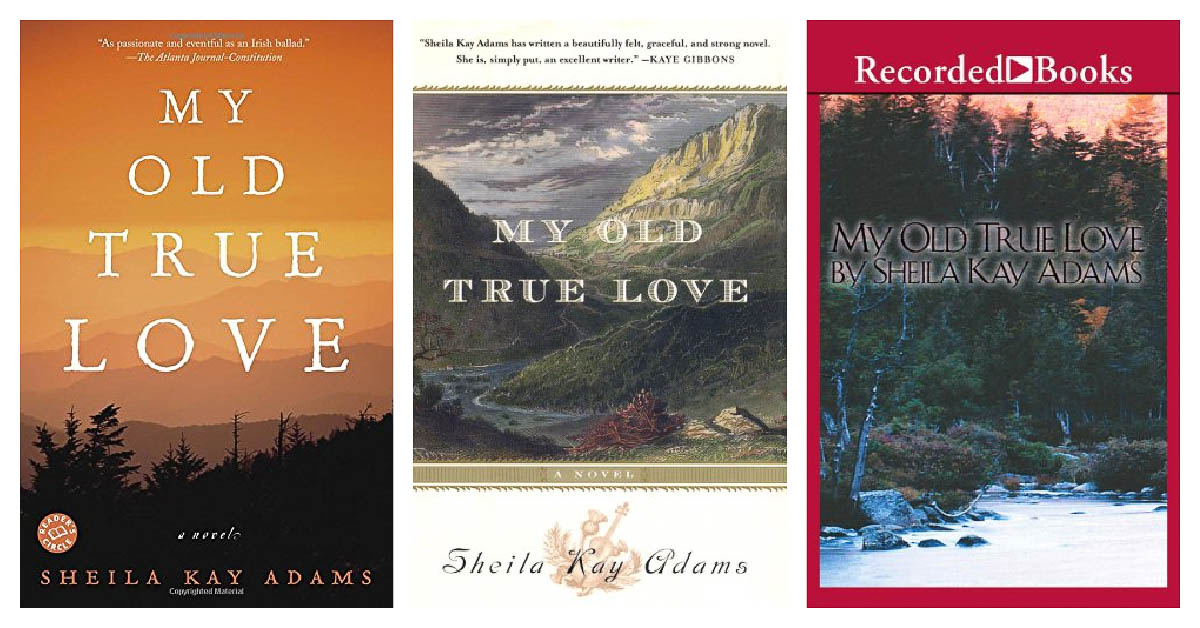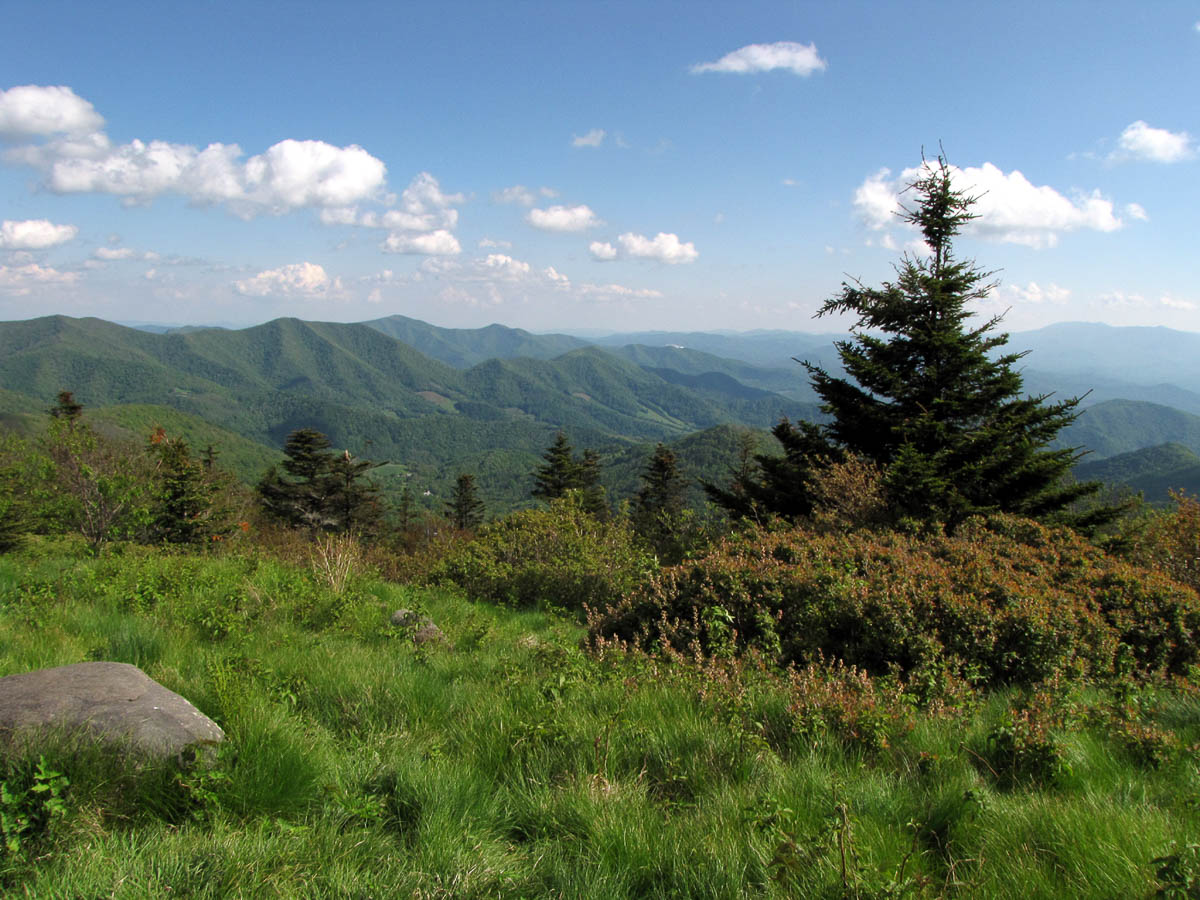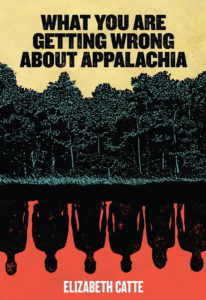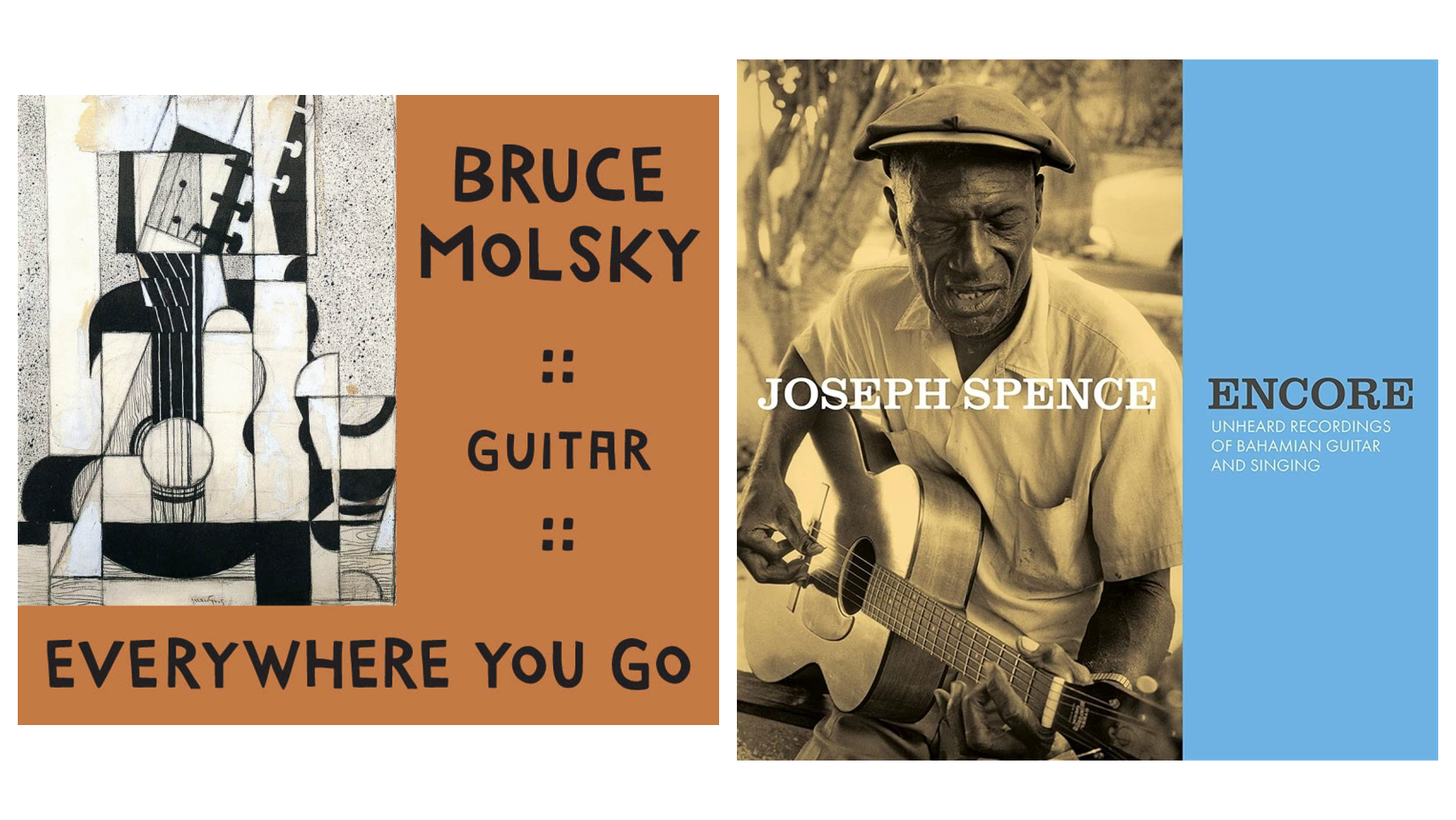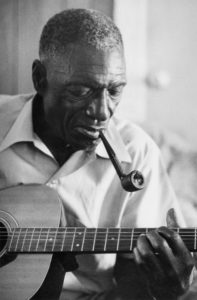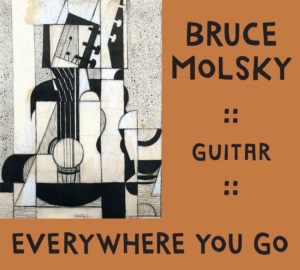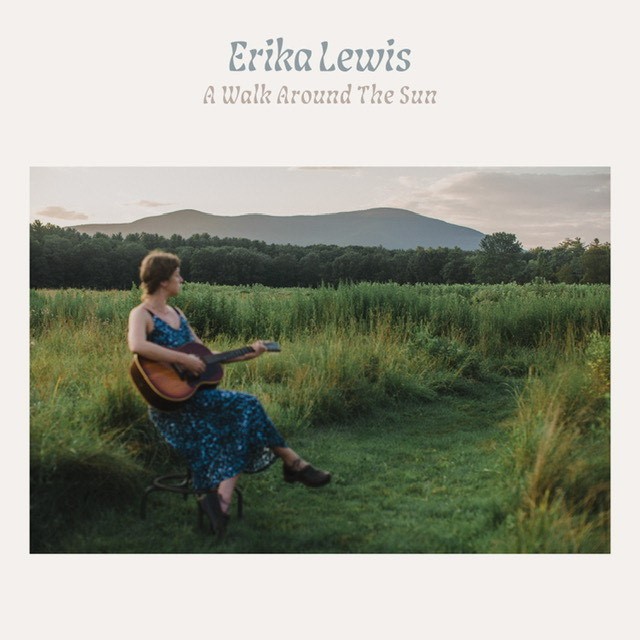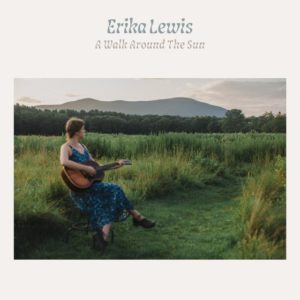Welcome to Radio Bristol Book Club where readers from BCM and the Bristol Public Library come together each month to celebrate and explore books inspired by our region’s rich Appalachian cultural and musical heritage! We invite you to read along and then listen to Radio Bristol on the fourth Thursday of each month at 12:00 noon when we dig deep into the themes and questions raised by the books, learn more about the authors, and celebrate the joys of being a bookworm!
Our May book club pick is My Old True Love by Sheila Kay Adams. My Old True Love is a fictional story inspired by Appalachian ballads and Adams’ own family history. This tale of doomed love, heartbreak, and betrayal takes place in a close-knit 19th-century Appalachian community. Arty Wallen narrates the story as she reflects on her life and the lives of those closest to her. When Arty was nine years old her cousin Larkin Stanton was born and orphaned by the death of his mother, so Arty raises him as her own. Larkin and Hackley, Arty’s younger brother, are close but rivalrous friends. Both boys are musically gifted and enchanted by the old songs their grandmother used to sing to them. Eventually they find themselves competing for the love of Mary Chandler, the prettiest girl in their mountain community. Though Hackley wins Mary’s love, he does not stop his womanizing ways even after their marriage. When the town gets swept up in the Civil War, Hackley is conscripted to fight for the Confederacy, leaving Larkin and Mary behind. What Larkin does next reminds us that these sad songs of old are often reflective of imperfect people and the decisions a troubled heart can make.
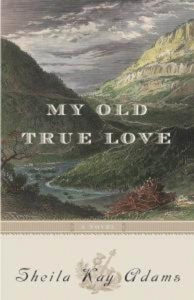
Cover design for My Old True Love
Sheila Kay Adams is a seventh-generation ballad singer, storyteller, and musician. She was born and raised in the Sodom Laurel community of Madison County, North Carolina. Her skill as a storyteller and deep familiarity with Appalachian music and culture is apparent right from the beginning of the novel. She interweaves ballads, depictions of rural community life, and Appalachian vernacular into the tale so naturally that you feel as if you are there. Adams learned the tradition of unaccompanied ballad singing from her great-aunt and other notable singers in her community. She is also an accomplished clawhammer-style banjo player and has been performing publicly since she was in her teens. In addition to her books, she has recorded several albums of ballads, songs, and stories. She was the vocal coach and technical advisor for the movie Songcatcher (2000) and made an appearance herself in Last of the Mohicans (1992).

Sheila Kay Adams
Please make plans to join us on Thursday, May 26 at 12:00pm for the discussion of My Old True Love. You can find us on the dial at 100.1 FM, streaming live on Radio Bristol, or via the Radio Bristol app. The book is available at the Bristol Public Library, so be sure to pick up a copy and read it ahead of time. The librarians will be happy to help you find the book. We look forward to exploring this book on-air, and if you have thoughts or questions about the book that you would like to share with our readers, you can email info@birthplaceofcountrymusic.org (Subject line: Radio Bristol Book Club) – your book insights might appear on air with us!
Looking ahead: Our book pick for June is Crooked Hallelujah by Kelli Jo Ford; we’ll be discussing it on Thursday, June 23. Check out our full list of 2022 Radio Bristol Book Club picks here, where you can also listen to archived shows!
Erika Barker is the Curatorial Manager at the Birthplace of Country Music Museum.


